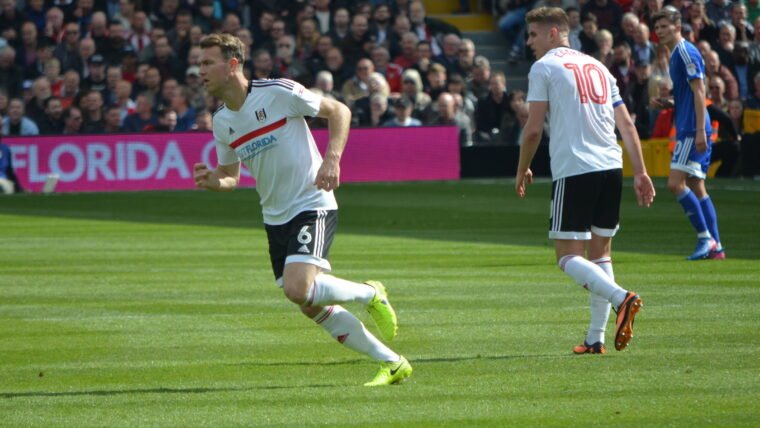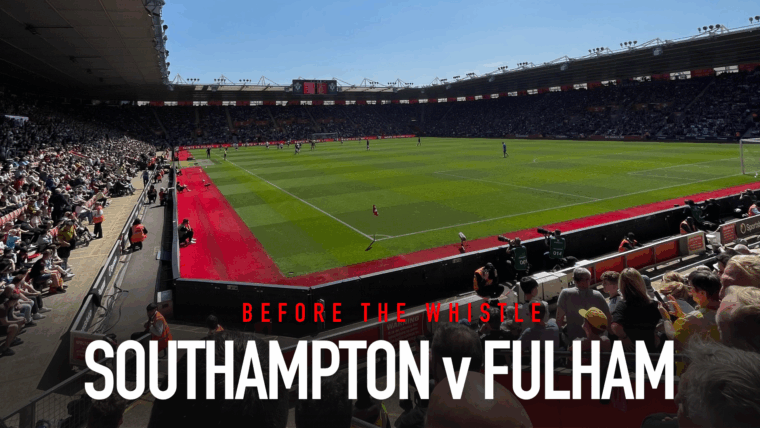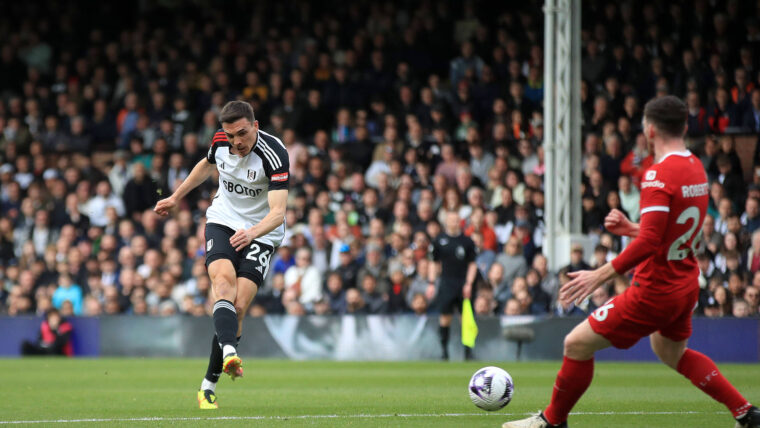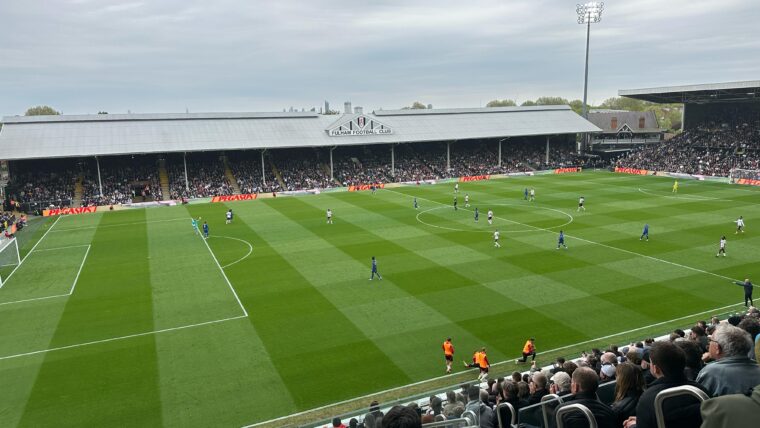Fractious Fulham Slowing Themselves Down
Written by Ben Jarman on 25th February 2020

I remember reading through a passage in a book a few years ago that analysed the great Porto team that won the Champions League in 2004 under José Mourinho. That section of text opened my eyes to a new football. Well, a new phrase. The “transition”. It was big, it was shiny and it was certainly new in the early years of José. It was modern football before football was, well, modern.
Back then, José was a dark haired young man sprinting down the touchline at Old Trafford, having changed the philosophy of his Porto side. They would absorb and they would break lightning fast, straight for the jugular. Liverpool do the same now. So do Dortmund. Leipzig and PSG. It’s modern football in a nutshell: speed and directness, sucker punches and clean breaks.
It is the exact opposite style of football that Fulham are at this moment in time. The Whites are lethargic, ponderous and too slow. You have to be able to play fast. It’s having the best car on the grid and limiting it to half speed for no reason other than the driver cannot handle the power. Release the shackles, let the players free.
This is where reviewing the transitions plays it’s part, as it magnifies the weakest part of this Fulham team. The squad filled with some of the brightest talents in the Championship has managed only six fast breaks this season so far (34 games).
Teams that play on the counter are slick, well drilled and they can decimate opponents in the blink of the eye. These sides are well-oiled machines, a failing of this Fulham side. All compartments of the pitch feel, and almost certainly are, compartmentalised. There are no linking players between the areas, so attacks become stuttering stop-start affairs.
Looking back to Jokanovic’s reign is an easy route to take, but comparatively it makes sense. Scott and Slav’s teams could not be further apart, despite largely sharing the same squad make up. Yes, Slavisa’s team held the ball for the large majority of the game, but they were ruthless on the counter. Slick through the thirds, they probed wide areas and crucially they got behind defenses.
Scott’s side, however, rarely target wide areas unless chasing the game (as we saw against Derby). They are incredibly slow to pick the correct pass and, ultimately, delay the game to the oppositions advantage.
Fulham’s squad is a Rolls Royce waiting to be shifted out of first gear, but the driver doesn’t know how to work the clutch.
The fluidity that we saw two years ago has evaporated in to a disjointed “to me, to you” hand off of responsibilities from defence, midfield and attack. Third man runs from midfield have disappeared, and wing-backs going beyond wingers are rarely seen in this system. Whilst this may be the philosophy of the manager, the side not asking probing questions makes it as easy as possible for the opposition to play against us.
Embed from Getty ImagesMidfielders whose mercurial seasons took us to the promised land have slowed down, Tom Cairney looks a shadow of his former-self and seems to be ruined by “Parkerball”, restricting the playmaker to sideways and backwards passing. (Note – see Marco’s article on this subject).
The best striker in the league is supported by nothing apart from his legs more often than not, and were it not for the Serbian marksman dragging Fulham up off the canvas so often this year our quest for the play-offs would almost certainly be down to a judges decision.
Embed from Getty ImagesPep Guardiola once spoke about his Barcelona unit being covered by “distance”, moving and shape-shifting as one to squeeze the game in both defence and attack.
Fulham, though, often play to “long” meaning that the gaps between the lines are exceedingly easy to play through, leaving players isolated and the rendering the press useless. Against Derby, for example, the forward line would push which would provide the midfield with impetus to do the same, however Arter wouldn’t commit fully to the press therefore allowing Derby to pass out.
However, when playing out on the counter, it was obvious to see that the midfield did not provide enough movement to give a legitimate passing option to the defence and the same applies when the ball was won further up the pitch. This needs to change, Fulham need to become a unit and move together in order to create slicker, dangerous football.
Scott said at the start of the season that this team can only play a certain way; which makes a decision not to invest in a different type of player in January or the summer all the more ludicrous given that teams need to be adaptable in the Championship, let alone the Premier League.
The truth is that modern football is changing, the players are changing. Football is a picture of ruthlessness, teams will strike a knockout blow from the most unexpected places. Fulham and their squad need to adapt over the next dozen matches in order to keep pace, and really show this league how much of an impact the most talented squad can make.



